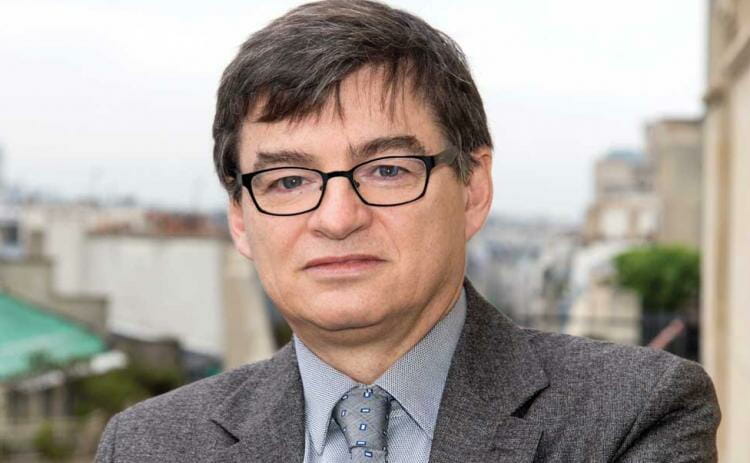
The efficient market theory (EMT) states asset prices fully reflect all available information. This means it is impossible for average investors—or superstars, for that matter—to beat the market consistently on a risk-adjusted basis, since market prices should only react to new information or changes in discount rates. EMT, set in motion with Louis Bachelier’s PhD thesis published in 1900, and developed by University of Chicago professor Eugene Fama, argues stocks always trade at fair value, making it impossible for investors to either purchase undervalued stocks or sell stocks for inflated prices.
Let me drop the nuclear warhead on that perspective.
There is a mind-numbingly large hole in this cool-sounding theory. EMT by definition leaves the epic October 2008 stock market meltdown out of the academic equation. And for those who know about the sausage making of writing peer review papers or engineering a PhD, much of modern finance’s foundation was bricked together with EMT mortar. Fama was ultimately awarded the 2013 Nobel Prize in Economic Sciences because his findings “changed market practice”—that is, the worldwide acceptance of index funds.
Those findings are the generally accepted status quo.
Not everyone, however, is a true believer guzzling the Kool-Aid. One of the first and loudest critics of EMT was famed mathematician Benoit Mandelbrot. He saw EMT proponents sweep big events like 2008 under the carpet, like kids house cleaning for the first time, calling them “acts of God.” French physicist Jean-Philippe Bouchaud sees EMT marketing in play: “The efficient market hypothesis is not only intellectually enticing, but also very reassuring for individual investors, who can buy stock shares without risking being outsmarted by more savvy investors.”
Bouchaud continues: “Classical economics is built on very strong assumptions that quickly become axioms: the rationality of economic agents, the invisible hand and market efficiency, etc. An economist once told me, to my bewilderment: ‘These concepts are so strong that they supersede any empirical observation.’ As Robert Nelson argued in his book, Economics as Religion, ‘the marketplace has been deified.’ In reality, markets are not efficient, humans tend to be over- focused in the short-term and blind in the long-term, and errors get amplified through social pressure and herding, ultimately leading to collective irrationality, panic and crashes. Free markets are wild markets.”
More.
Extras:
Jean Philippe Bouchaud: “It is really more of a physics approach, to let the data speak. Very often, many economic theories – such as the principle of efficient markets – seem to be more inspired by some kind of underlying political agenda than a strict understanding of what is going on in the markets. Similarly, a lot of models used in mathematical finance seem to be more driven by their convenience and the possibility to answer a question with a number, rather than taking the time and thinking about the problem.”
Listen to Jean-Philippe Bouchaud here.
